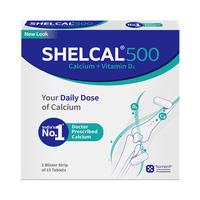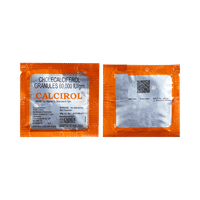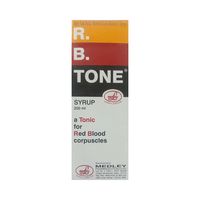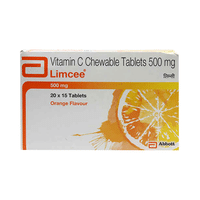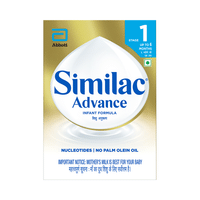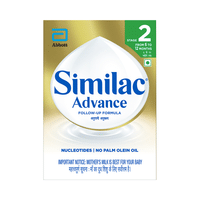Rs.6.50for 1 ampoule(s) (2 ml Injection each)
दुस-या प्रकारात उपलब्ध
Besix Injection साठी कृती अन्न
Besix Injection साठी कृती दारू
Besix Injection साठी कृती गर्भधारणा
Besix Injection साठी कृती स्तनपान
अन्न
दारू
गर्भधारणा
स्तनपान
No interaction found/established
It is unsafe to consume alcohol with Besix Injection.
UNSAFE
Besix Injection may be unsafe to use during pregnancy. Although there are limited studies in humans, animal studies have shown harmful effects on the developing baby. Your doctor will weigh the benefits and any potential risks before prescribing it to you. Please consult your doctor.
CONSULT YOUR DOCTOR
Besix Injection is probably unsafe to use during breastfeeding. Limited human data suggests that the drug may pass into the breastmilk and harm the baby.
CONSULT YOUR DOCTOR
Besix 10mg/ml Injection साठी क्षार माहिती
Furosemide(10mg/ml)
Besix injection वापरते
{med_name} is used in the treatment of hypertensive emergency and Edema. It treats oedema (fluid overload) associated with heart, liver, kidney or lung disease.
Besix injectionकसे कार्य करतो
Besix Injection is a diuretic. It removes extra water and certain electrolytes from the body by increasing the amount of urine produced.
Besix injection चे सामान्य दुष्प्रभाव
Dizziness, Weakness, Dehydration, Decreased potassium level in blood, Increased blood uric acid, Increased thirst, Decreased magnesium level in blood
Besix Injection साठी विकल्प
6 विकल्प
6 विकल्प
Sorted By
 Rs. 13.39same price
Rs. 13.39same price Rs. 3.36save 49% more per ml of Injection
Rs. 3.36save 49% more per ml of Injection Rs. 13.39save 1% more per ml of Injection
Rs. 13.39save 1% more per ml of Injection Rs. 2.95save 55% more per ml of Injection
Rs. 2.95save 55% more per ml of Injection Rs. 76.90pay 1035% more per ml of Injection
Rs. 76.90pay 1035% more per ml of Injection
Besix Injection साठी निपुण सल्ला
- Furosemide is given as an injection into the vein under the supervision of a doctor.
- Monitor your blood pressure after starting Furosemide, and notify your doctor if it does not lower down.
- Consult your doctor if you experience dizziness, tiredness, or muscle weakness that does not go away.
- Take potassium supplements or potassium-rich diet (banana, spinach, coconut water, etc.) as Furosemide can decrease your potassium levels and lead to dehydration.
- You may be asked to get regular blood tests done to monitor your kidney function.
Besix 10mg/ml Injectionसाठी नेहमी विचारले जाणारे प्रश्न
Furosemide
Q. How is Besix Injection different from Torasemide?
Both Besix Injection and Torasemide are loop diuretics. They are used to treat high blood pressure and edema caused by an underlying liver, kidney or lung diseases. Unlike Torasemide, Besix Injection is also used in the treatment of hypercalcemia (high calcium levels in the blood). Torasemide has a longer duration of action and is safer to use in patients with renal failure, as compared to Besix Injection.
Q. Should you drink a lot of water when taking Besix Injection?
It is advised to take an adequate amount of water if you are taking Besix Injection. This is because Besix Injection works by eliminating the extra fluid and electrolytes from your body by increasing the urine production. This elimination of fluids may increase the chances of dehydration if you sweat a lot, exercise vigorously or if the climate is hot. However, if you have kidney or heart problems, you must consult your doctor who will suggest the amount of water that you should be taking. Consult your doctor for any further query or concern.
Q. What is Besix Injection used for?
Besix Injection is used in emergency conditions to lower very high blood pressure (hypertensive crisis). It effectively lowers and normalizes blood pressure rapidly, thus preventing heart attack or stroke. It also helps to remove excess fluids and electrolytes from the body and reduces swelling (edema) due to fluid retention.













